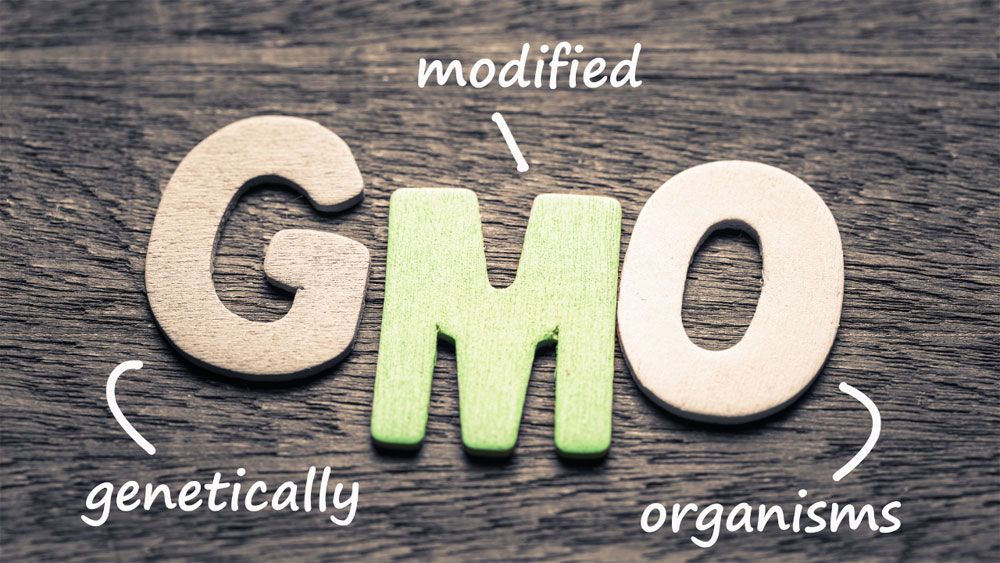GMO may or may not be a common thing you look at when you are selecting your groceries. However, it is something worth knowing about and understanding.
GMO or genetically modified organisms have gained a strong foothold in the US. Genetically modified foods have had their DNA changed using genes from other plants or animals. Scientists take the gene for a desired trait in one plant or animal, and they insert that gene into another plant or animal. This allows scientists to move desired genes from one plant or animal to another.
In fact, there are bananas that produce human vaccines against infectious diseases like hepatitis B, fish that mature more quickly, fruit and nut trees that harvest years earlier and plants that produce new plastics with unique properties. Technology for genetically modifying foods offer some amazing results, but they may also pose some risks.
So, what are some risks when messing with mother nature?
Most of the GMO foods today are fruits and vegetables. In fact, 80% of Hawaiian papayas are modified. A large percentage of canola produced in the U.S. is also genetically modified. It is mainly used to produce cooking oil and is a key ingredient in many foods. And about 95% of the U.S. corn crop is genetically modified.
GMO foods come with pros and cons. Some pros?
- These foods grow faster than the foods that are grown traditionally.
- GMO foods can grow under very harsh conditions.
- They are also reported to be high in nutrients and contain more minerals and vitamins than those found in traditionally grown foods.
- They are also known to taste better.
- They also have an increased shelf life so food lasts longer.
And the cons?
- Because this is a new technology, there is concern about the long-term effects which are largely unknown at this time.
- There is a small risk that GMO foods can trigger an allergic reaction,
- Currently, there is no solid evidence that GMO foods cause cancer, allergies, or any other health conditions, but research is still ongoing, so stay tuned.
In the U.S, the FDA does not require special labeling for GMO foods. If you are concerned and want to avoid GMO foods, try to purchase 100% organic as often as you can. And remember that the likelihood that any food derived from corn, cottonseed, soybean, or canola will most likely be GMO food. At Physicians Premiere Weight & Wellness Center, Dr. Trupti Patel and her team love breaking down all things weight and wellness related for their patients so they understand what is best for them in their weight loss journey. If you are interested in getting started or have questions, reach out to them at https://healthymeweightloss.com/contact-us/





